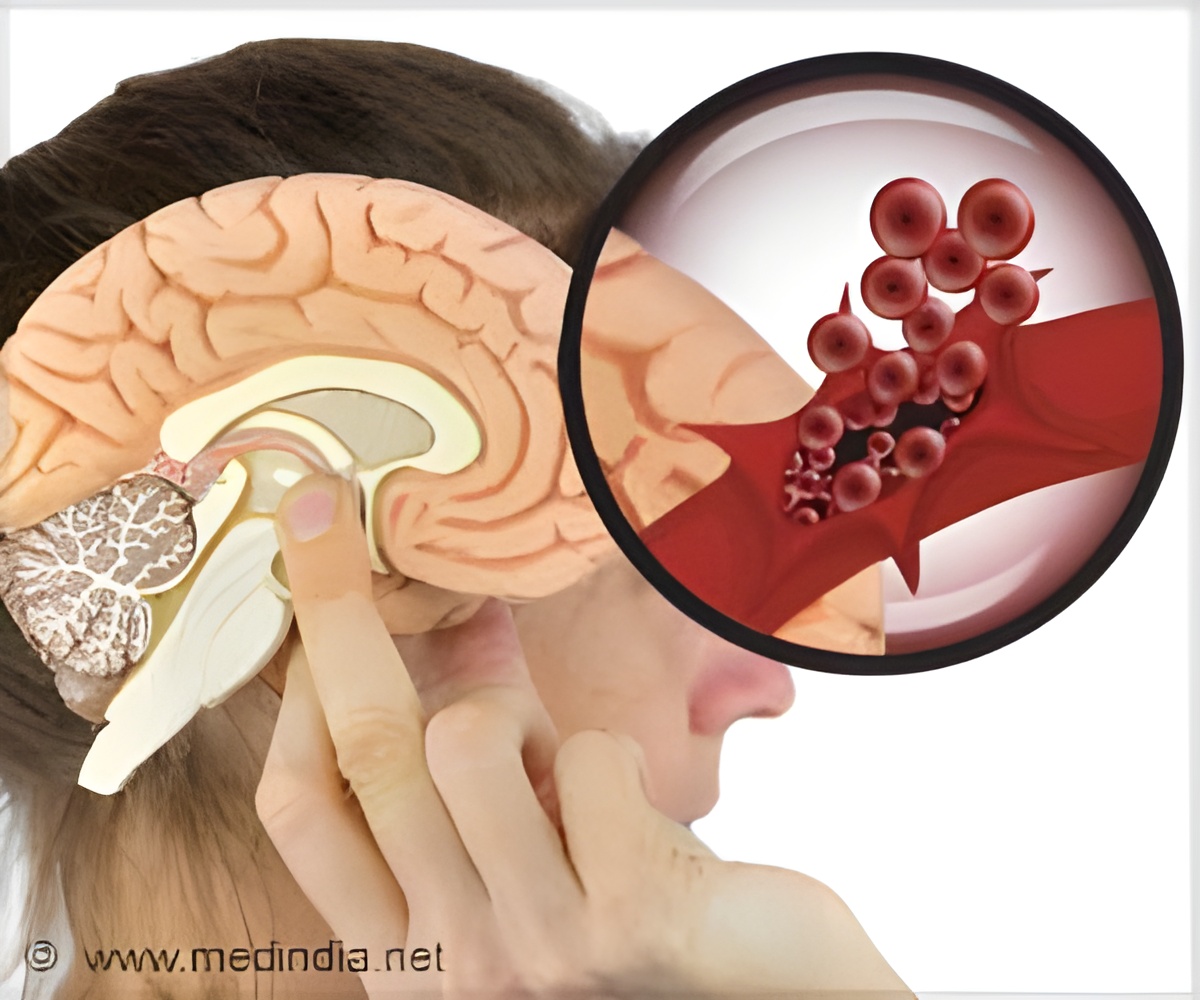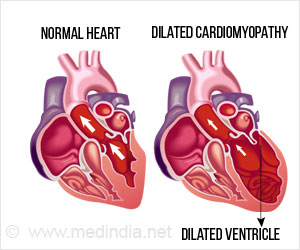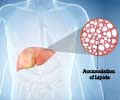Mitochondrial protein ALDH4A1 is identified as a new biomarker along with a specific antibody A12 as a target for atherosclerosis.

TOP INSIGHT
Mitochondrial protein ALDH4A1is identified as a new biomarker along with a specific antibody A12 as a target for atherosclerosis. This would lead to the development of treatments against cardiovascular disease.
Potential Biomarker for Atherosclerosis:
The study explored the mitochondrial protein – ALDH4A1, an autoantigen, involvement in antibody response of atherosclerosis via a mouse lacking the low-density lipoprotein receptor (LDLR-/-), fed a high-fat diet. The levels of ALDH4A1 accumulate in plaques and its plasma concentration is elevated in the atherosclerosis-prone. "ALDH4A1 is recognized by the protective antibodies produced during atherosclerosis, making it a possible therapeutic target or diagnostic marker for this disease," Ramiro said.
Autoantigens are a type of protein molecules that are produced by the body and recognized as foreign substance to trigger an immune response.
Specifically, the antibody A12 was able to recognize plaques not only in the atherosclerosis-prone mice but also in samples from patients with atherosclerosis in the carotid arteries. "Proteomics analysis showed that A12 specifically recognized a mitochondrial protein called aldehyde dehydrogenase 4 family, member A1 (ALDH4A1), identifying this protein as an autoantigen in the context of atherosclerosis," said first author Cristina Lorenzo.
Source-Medindia
 MEDINDIA
MEDINDIA




 Email
Email










